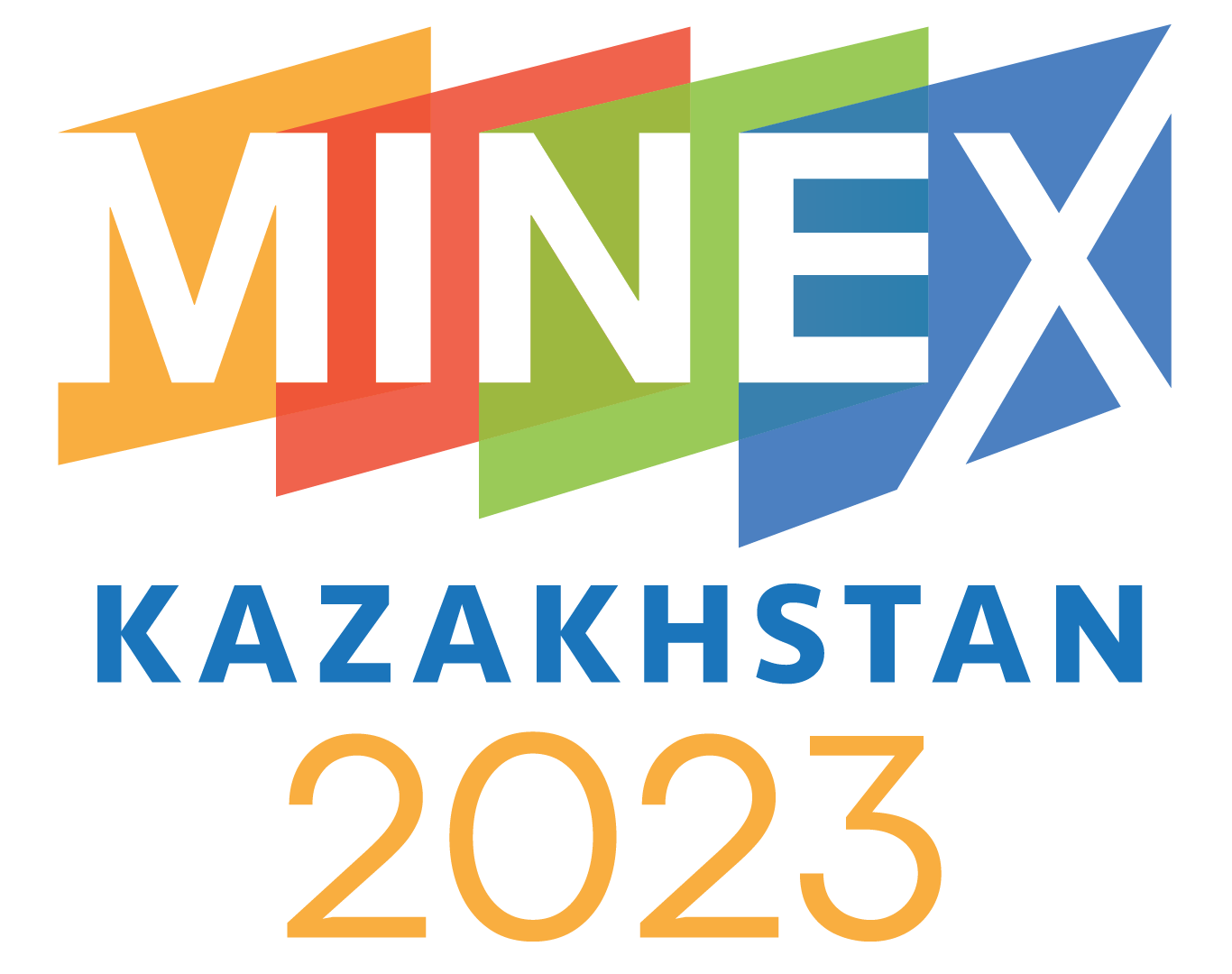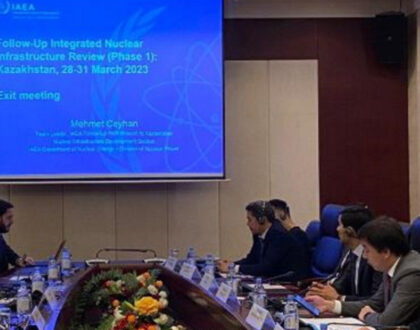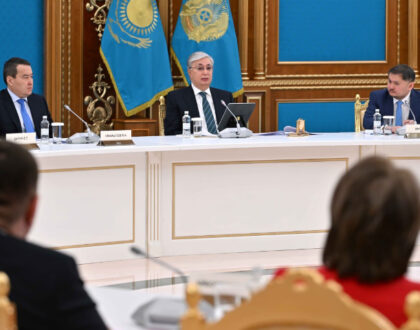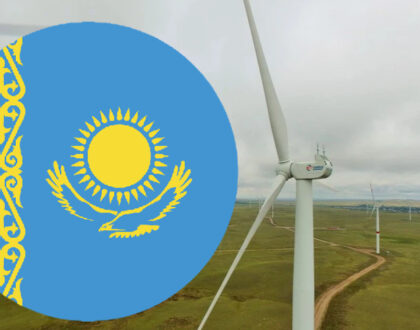Kazakhstan will have new satellites
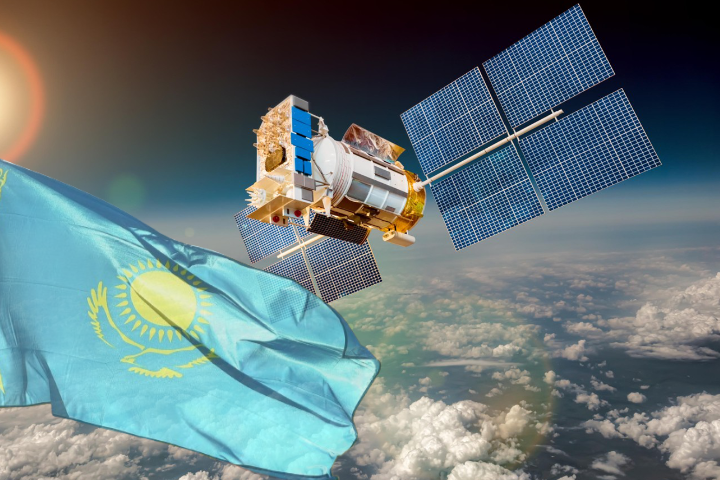
Kazakhstan plans to allocate 18 billion tenge for the development and launch of new satellites. This was reported to LS by the Ministry of Digital Development, Innovation and Aerospace.
According to the department, they will be created to replace the current KazEOSat-2 of medium resolution. The new constellation of Earth remote sensing satellites (ERS) of medium resolution KazEOSat-MR will consist of three objects in the period from 2023 to 2026. The ministry clarified that the efficiency of obtaining data will increase three times, since surveys of a given territory in Kazakhstan will be carried out once a day. The active satellite does this once a week.
In accordance with the feasibility study, the cost of their development and launch is 18 billion tenge. They will be assembled at the assembly and testing complex of spacecraft in Astana by domestic specialists. At the same time, it is expected that within five years the provision of space images to government agencies only for the agricultural industry is estimated at 46.5 billion tenge.
As for KazEOSat-1, which shoots the Earth in high resolution, the technical shape and mechanism of the project to replace it are being worked out together with government agencies.
Returning to the new satellites, they will monitor the rational use of land, crops, pastures, forests, water resources, places of disposal of production and consumption waste, places of illegal mining of common minerals, emergencies, unauthorized seizure of territories within settlements, habitats of cultivated drug-containing plants, changes in transboundary rivers.
The ministry noted that land and natural resources and farmland have already been digitized. Including 272 million hectares of land, 33.4 million hectares of agricultural land, 18.6 million hectares of forests.
As a result, in 2022, 444 thousand sites with self-occupation, 1.1 million hectares of unused arable land, 3.1 thousand clearing sites, 5.7 thousand unauthorized dumps, 2.45 million hectares of burnt areas were discovered.
In addition, based on space monitoring with geoanalytics, platforms were developed for monitoring the rational use of land, as well as for subsoil users.
Earlier, LS reported that Kazakhstan will spend almost 140 billion rubles on space satellites.
